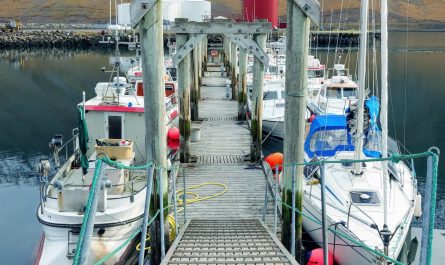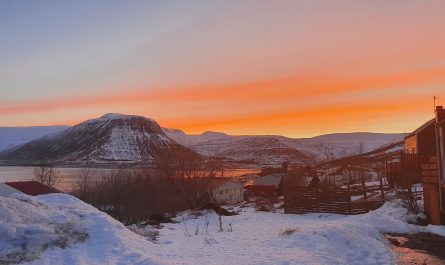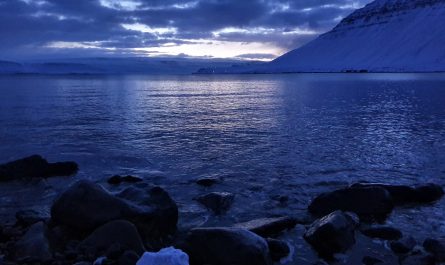There has been some interesting news in Iceland during the last week. Some are minor in worldwide terms, but they are not insignificant.
The primary story in the media was that the Minister of Food, Agriculture, and Fisheries decided to postpone the license for fin whaling until the fall and to suspend all whaling operations this summer. This was done to protect the animals. The hunting company has not been able to shorten the time it takes to kill these magnificent beasts, and as a result, they suffer enormous anguish.
Stakeholders have fiercely opposed the decision, which would result in the loss of around 100 well-paid summer positions. I still believe that the minister made the correct decision because footage of these killings clearly reveals the severity of these hunts. We cannot abuse these incredible mammals that are a part of the natural marine ecology in this manner. I strongly hope that this will put an end to whaling for good. People who lost their employment as a result of the postponement will most likely find new ones quickly because the labor market in Reykjavik and the surrounding area is extremely strong.
Whale hunting near Iceland has been a source of great debate and controversy in recent years. Iceland has a lengthy history of whaling, with traces of commercial whaling dating back to the 17th century. However, the practice has recently been met with conflicting reactions and international condemnation.
In order to protect whale populations that had suffered significantly from decades of hunting, the International Whaling Commission (IWC) imposed a commercial whaling ban in 1986. Iceland initially complied with the embargo, but in 2006, it resumed commercial whaling in defiance of the moratorium, authorizing minke whale hunts.
Iceland has experienced tremendous resistance over the years from environmental organizations and countries concerned about the conservation status of whale species. Critics believe that Iceland’s whaling activities are unsustainable and unneeded in the modern world, given the abundance of alternatives to whale products. They also emphasize the significance of maintaining and protecting these magnificent species.
Despite international opposition, Iceland has continued its whaling operations, increasing catch limits and pursuing new species such as fin whales. The country believes that whaling is done within sustainable limitations based on scientific studies, and it defends the practice as part of its cultural legacy and a source of income for coastal people.
The Icelandic whaling controversy has produced passionate disputes between conservationists, animal welfare campaigners, Iceland’s government, and whaling advocates. Efforts to achieve an agreement on the future of whaling in Iceland have been ongoing, with some arguing for a complete halt to the practice while others advocate for better controls and surveillance to preserve the long-term health of whale populations.
Icelanders consume extremely little whale meat as a nation; thus, practically all whales harvested are sold to Asian countries. Tourism in the country has grown tremendously in recent years, and it can be said that whale watching trips and the businesses associated with them are a much larger industry than whaling, and much more enjoyable for our guests who get to see these magnificent creatures freely in their natural environment. The most important thing to take away from all of this is that Icelanders must stop killing whales.


